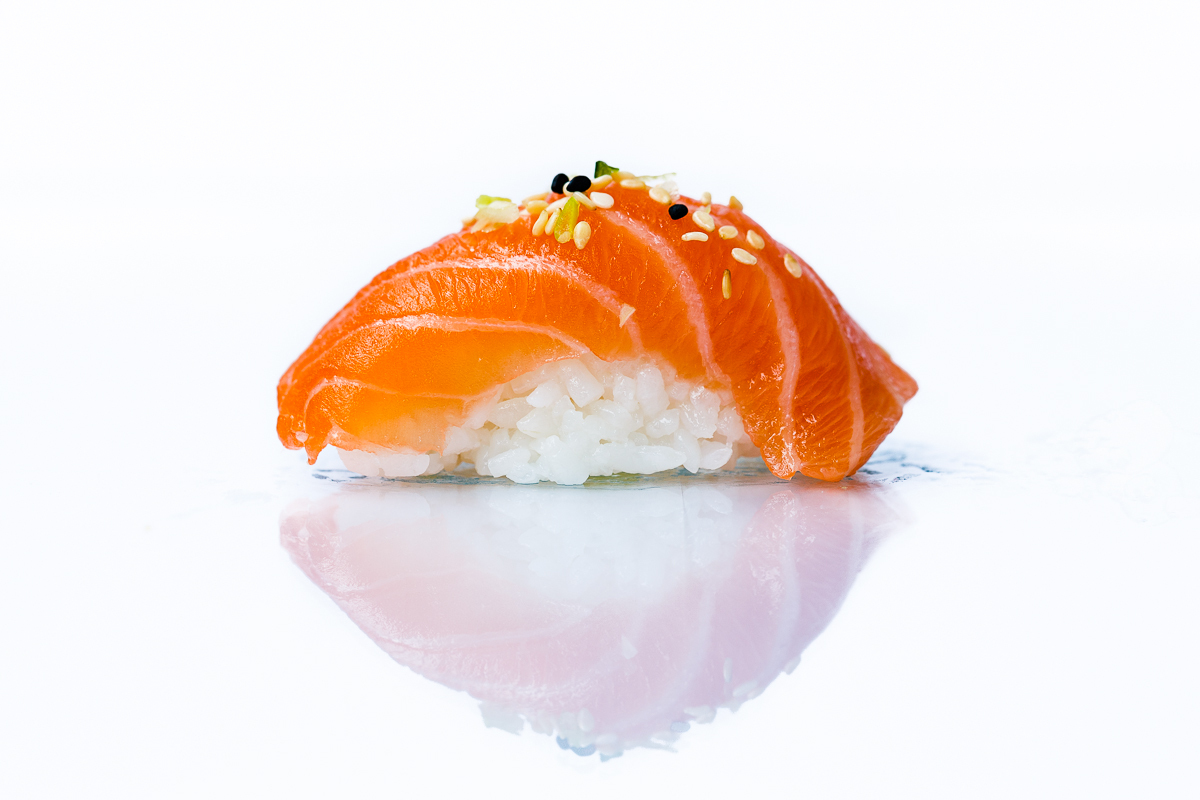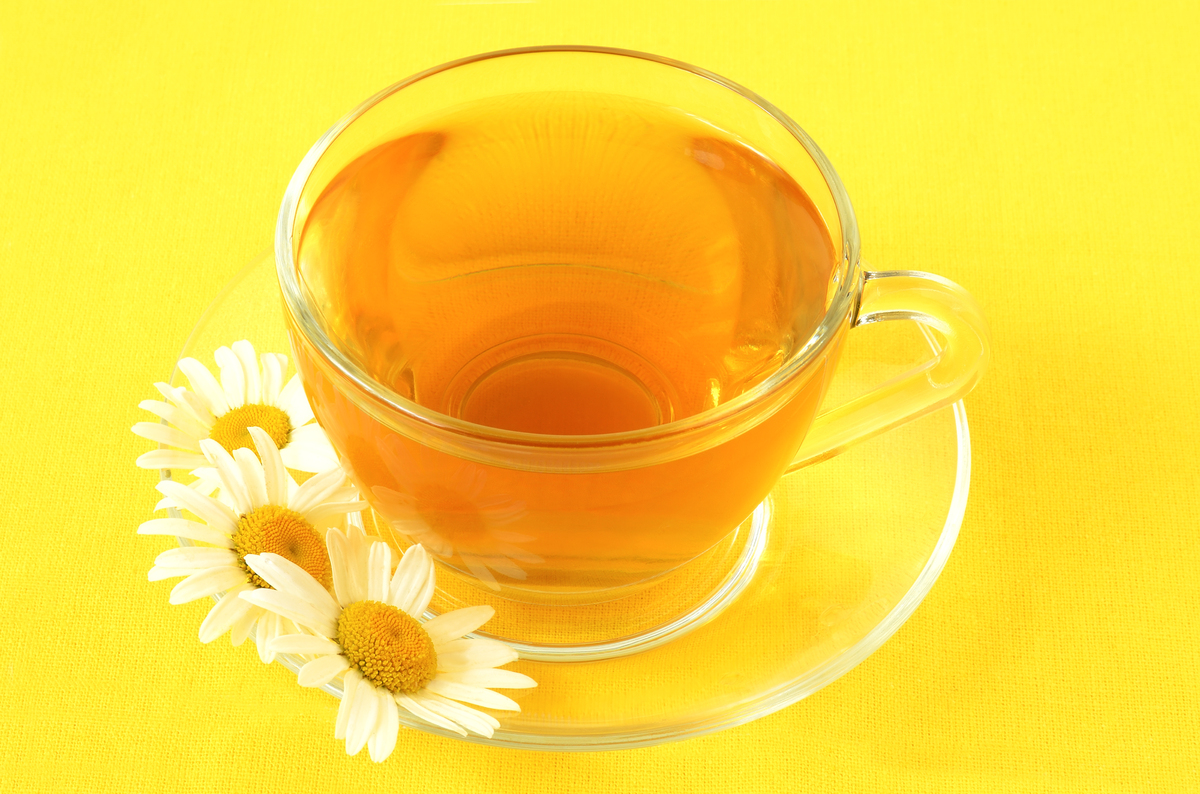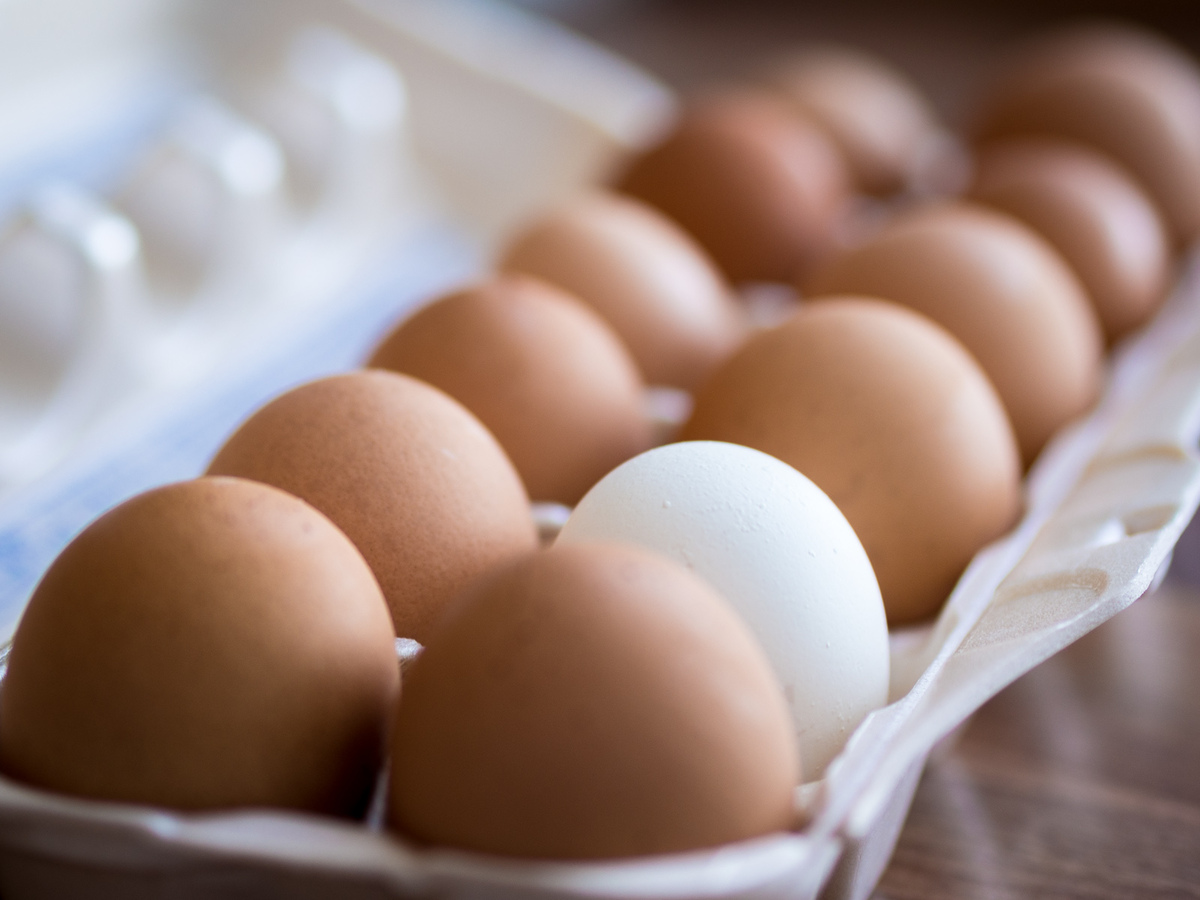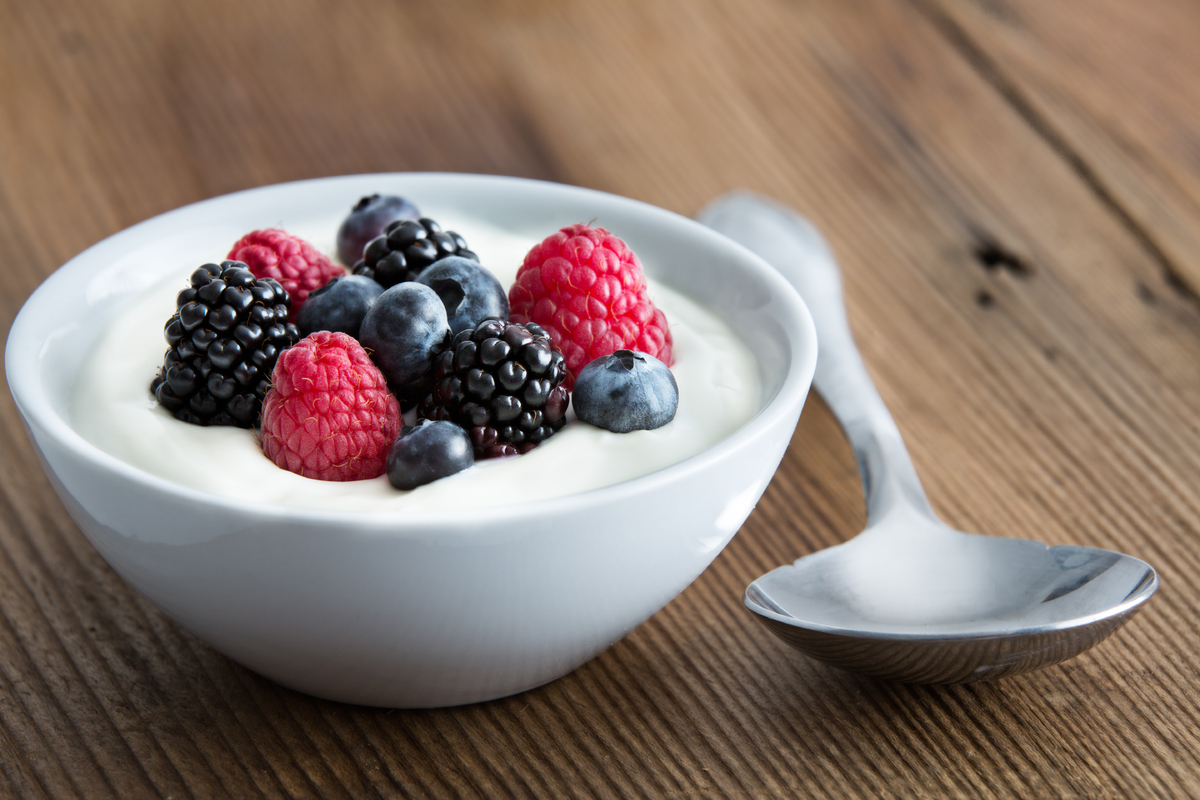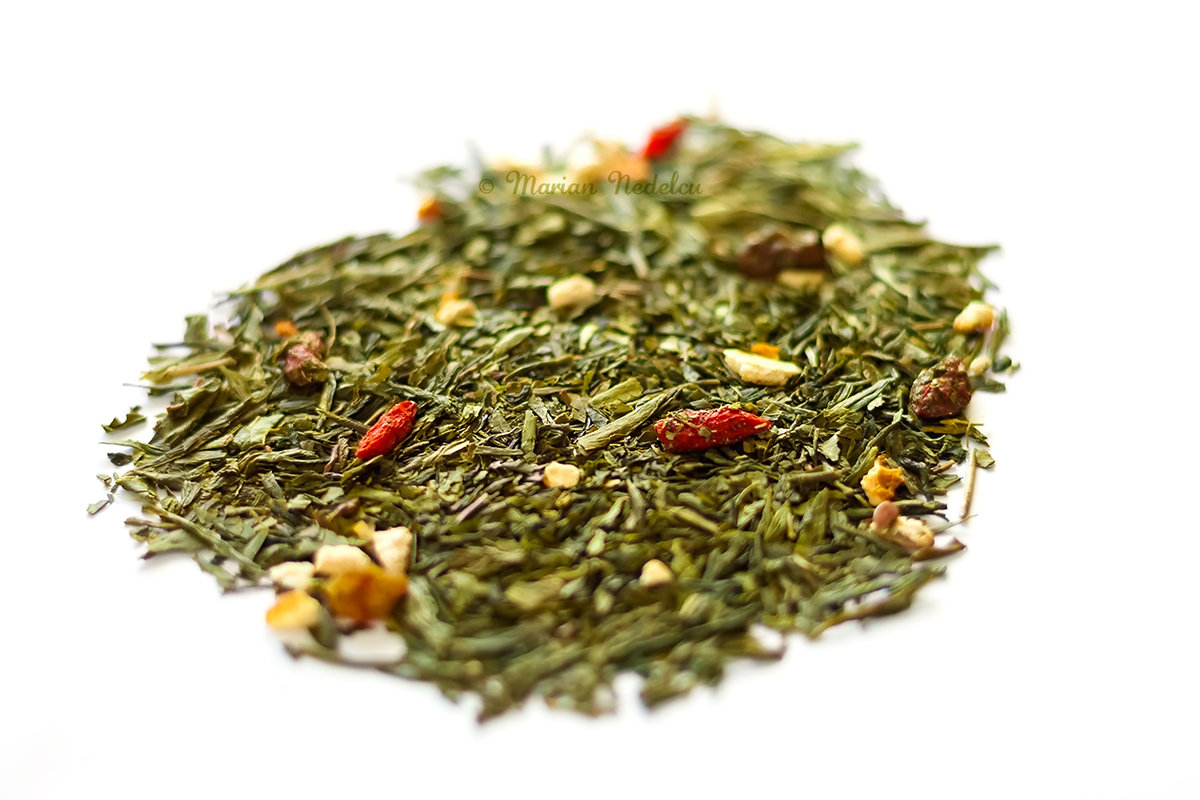Anxiety disorders typically requiremedication or psychotherapy or both — but that doesn’t mean lifestyle changes are totally out of the question. A balanced diet and a regular exercise routine might not be cures, but they can help improve overall mood and wellbeing.
Similarly to the way certain foods have beenshown to reduce stress, a number of foods and drinks may help to limit anxiety, too. Here are a few of the most well-documented.
-
Fatty FishIn a small study from Ohio State University, students given an omega-3 fatty acid supplement exhibited a 20 percent reduction in anxiety compared to students given a placebo pill. Rather than encourage the public to rush out to buy supplements, however, “people should just consider increasing their omega-3 through their diet,” study co-author Martha Belury said in a statement.
-
Chamomile Tea
 Chamomile has been utilized for its natural healing properties since ancient times, but modern science is beginning to catch up. A small 2009 study found a “modest” improvement of anxiety in people with mild to moderate generalized anxiety disorder (GAD) treated with chamomile extract.
Chamomile has been utilized for its natural healing properties since ancient times, but modern science is beginning to catch up. A small 2009 study found a “modest” improvement of anxiety in people with mild to moderate generalized anxiety disorder (GAD) treated with chamomile extract. -
EggsThe brain needs a wide range of B vitamins to operate optimally. When we’re lacking in the B department, we may experience confusion, irritability and anxiety, among other effects, Psychology Today reported.
Make sure you’re getting enough by incorporating B-heavy foods into your diet, like beef, pork, citrus fruits, or, one of our favorites, eggs. They have the added benefit of being one of nature’s richest sources of choline, a crucial B vitamin for brain health.
-
Probiotics
 We know that our brains and our bellies communicate — how else would we explain hunger, after all — but growing research suggests the bacteria in our guts are at least somewhat involved in the conversation.
We know that our brains and our bellies communicate — how else would we explain hunger, after all — but growing research suggests the bacteria in our guts are at least somewhat involved in the conversation.The good ones, probiotics, live in the intestines and promote healthy gastro functioning. But in a 2011 study, Irish researchers found that feeding a certain probiotic bacterium found in yogurt to mice reduced “behaviors associated with stress, anxiety and depression,” Discover magazine reported.
The study’s author called the findings “encouraging” in an interview with NPR, but cautioned that further research is needed.
-
Green TeaGreen tea is rich in an amino acid called L-theanine, which has been reported to have calming effects in general.
In one study, taking 200 milligrams of L-theanine before a test helped anxiety-prone university students stay calm.
However, it’ll take you anywhere from five to 20 cups to get that much from tea alone, Health.com reported.

